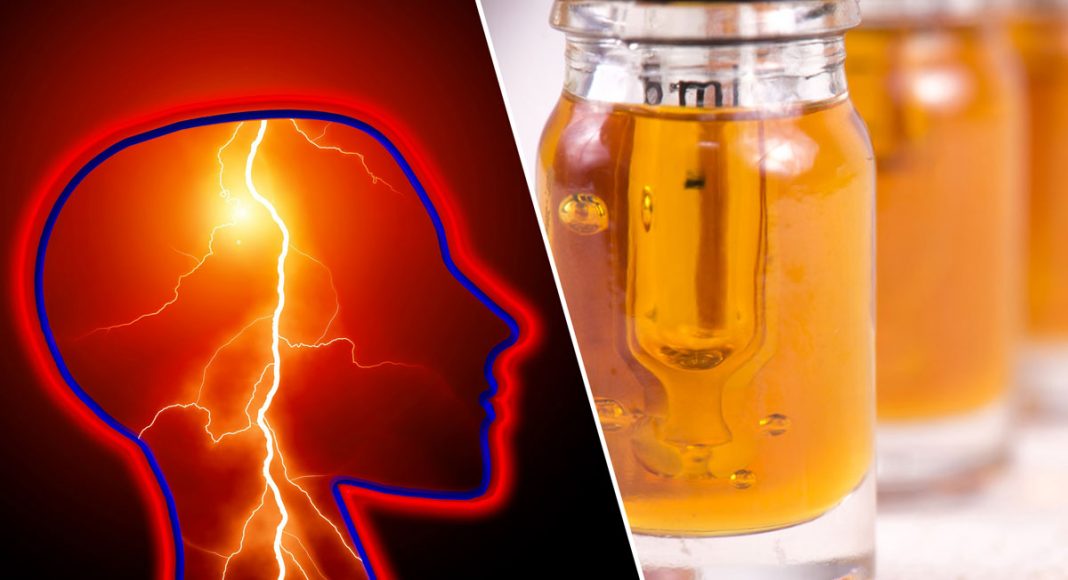A recently published article in the New England Journal of Medicine explored the potential for CBD combined with current medicine therapies to help patients with Lennox–Gastaut syndrome, a severe form of epilepsy characterized in part by frequent drop seizures.
The benefits that cannabis can provide to people with epilepsy have been well documented. Charlotte Figi became the poster child for this as Colorado began selling legal cannabis a few years ago. In her case, a high CBD strain named Charlotte’s Web helped reduce her seizures from over 300 a week to just a few a month. Charlotte helped to open hearts and minds to the fact that medical marijuana is a real thing and not just people looking for a way to get high legally as some deniers want to claim.
A recently published article in the New England Journal of Medicine explored the potential for CBD combined with current medicine therapies to help patients with Lennox–Gastaut syndrome, a severe form of epilepsy characterized in part by frequent drop seizures. The outcome was promising.
Epilepsy is one of the most common neurological disorders in the US. Nearly 3 million Americans have been diagnosed with the condition. 1 in 26 people will develop the condition in his/her lifetime. It is associated with abnormal electrical activity in the brain. This means some type of sensory disturbance, loss of consciousness or seizures. Atonic or “drop seizures” are just like they sound and are characterized by a loss of muscle control. The person can suddenly fall, resulting in injury as the person strikes objects in the immediate surrounding or by contact with the ground.
In addition to the fall being dangerous, having a history of experiencing drop seizures can prevent people from driving and fully participating in life as they would like. That is one reason why this recent research is not only important but could prove to be life-changing for some.
RELATED: 8 Things Everyone Gets Wrong About Marijuana’s CBD
This study was a double-blind and placebo-controlled, the gold standard in scientific research. It explored the effect of CBD, cannabidiol, a non-intoxicating compound found naturally in the cannabis plant. 225 patients from 30 clinical centers were enrolled in the study. They ranged in age from 2-55 years old. One third received 10-milligram doses of CBD, one third received 20-milligram doses and one third was the control group, only receiving a placebo dose.
The patient groups who received 10 mg and 20 doses along with their current anti-seizure medication both experienced a reduction in the monthly occurrences of drop seizures. A few participants did experience side effects such as sleepiness, loss of appetite and diarrhea. For seven of them, the side effects were significant enough for them to feel the need to drop out of the study. Another side effect worth further study was the increase in some patients’ liver aminotransferase concentration, an enzyme used as a marker of a healthy or stressed liver.
This study was paid for by GW Pharmaceuticals, a leader in the field of cannabis research. The British company brought Sativex to the market and hope to be the first FDA approved maker of plant-derived CBD under the trade name Epidiolex. If approved, prescription CBD could be another tool used by physicians throughout the US to provide additional relief to patients suffering from seizures.
How would a prescription cannabis product affect the current state of affairs for medical marijuana nationwide? That has yet to be seen. Regardless, mainstream physicians nationwide may soon be discussing the possible beneficial effects of CBD with their patients. That much is good news.


